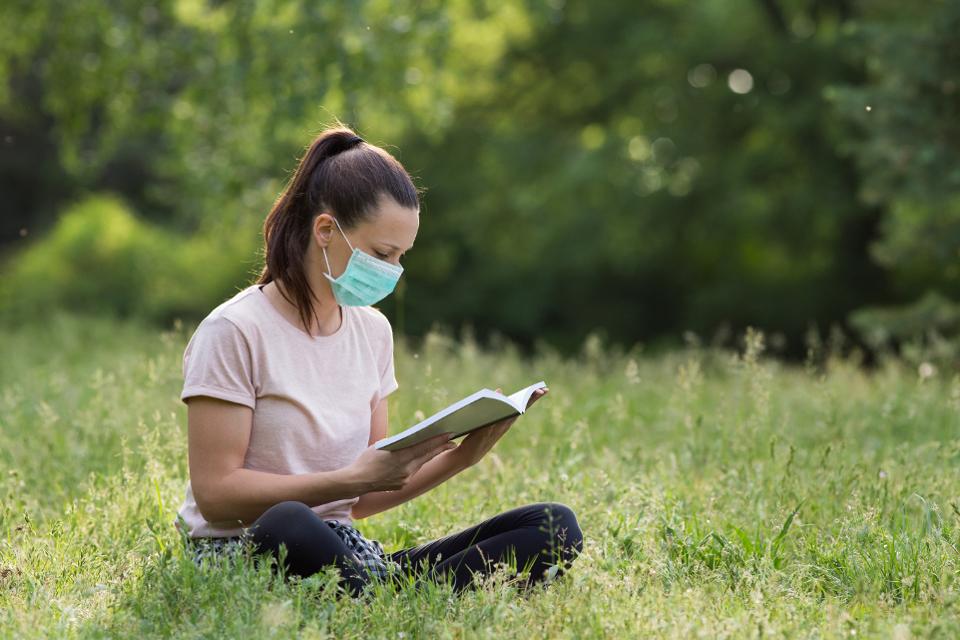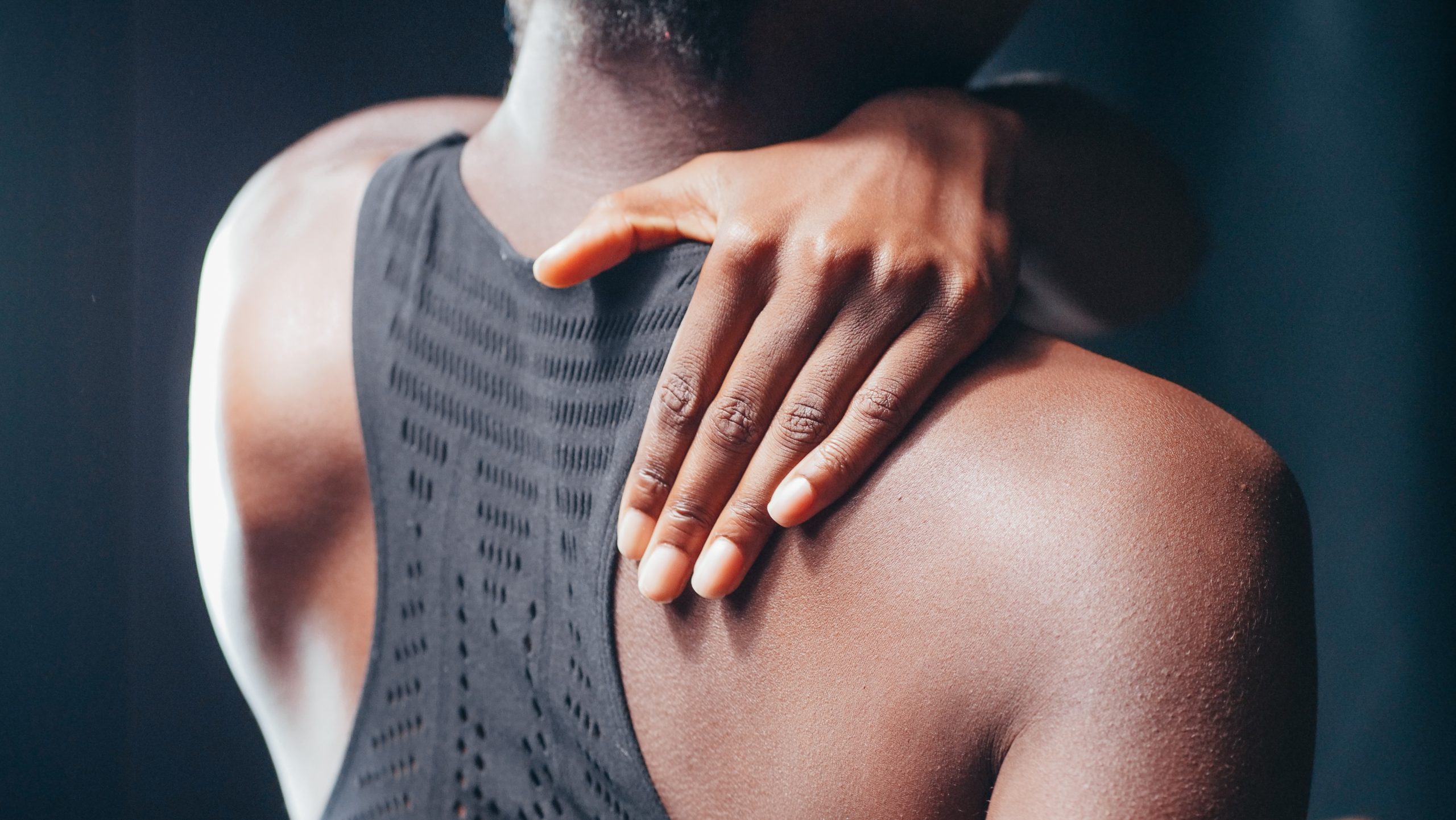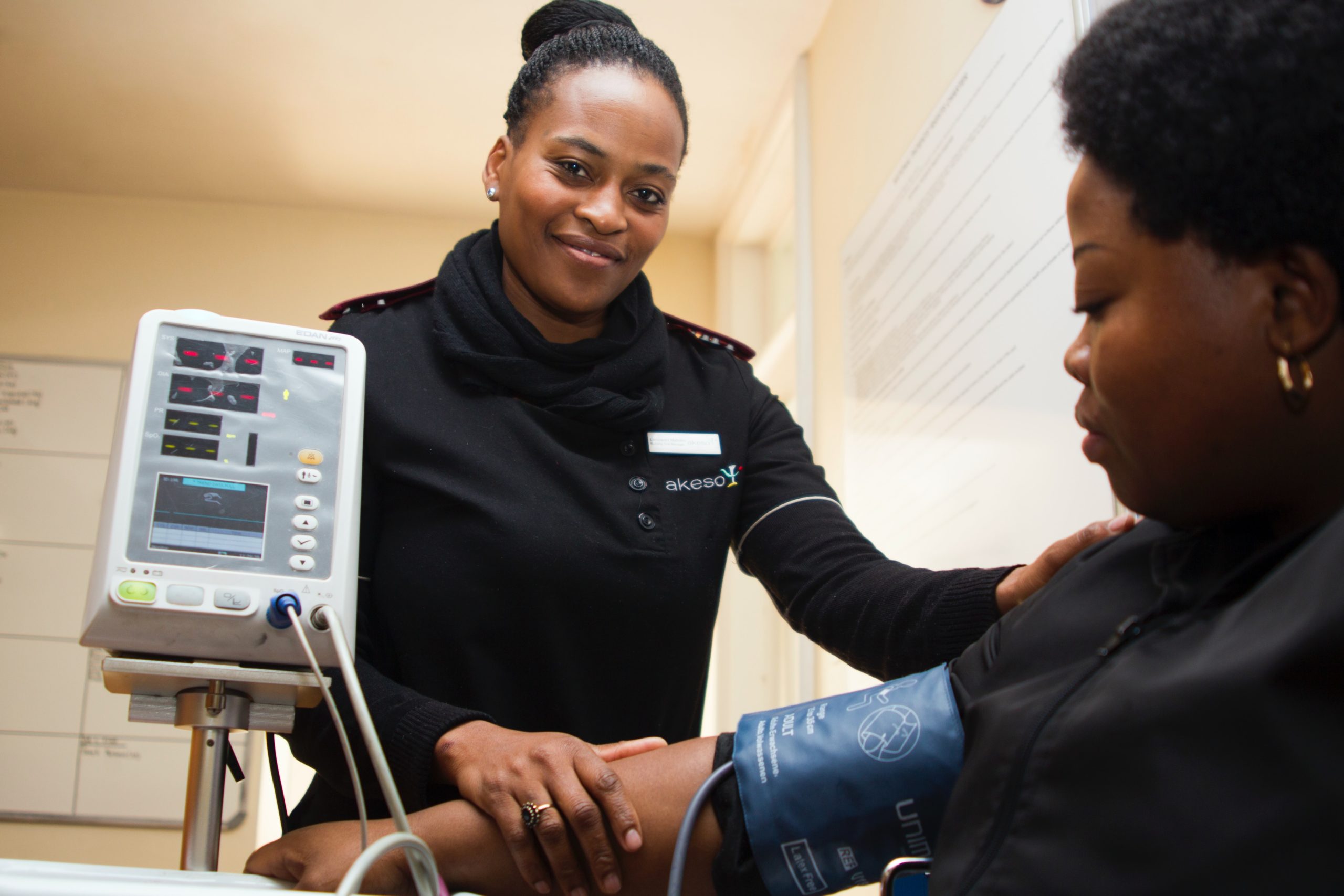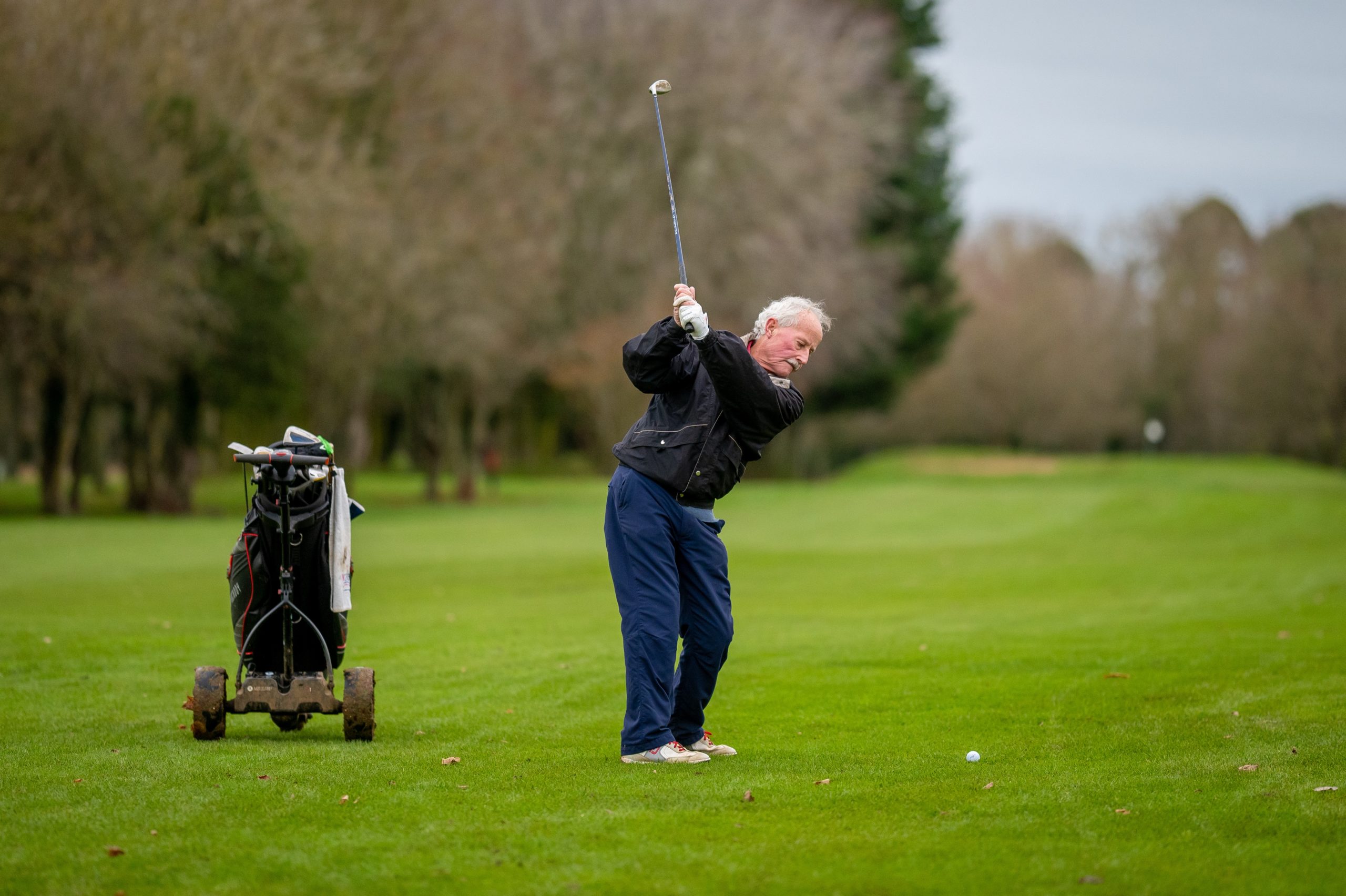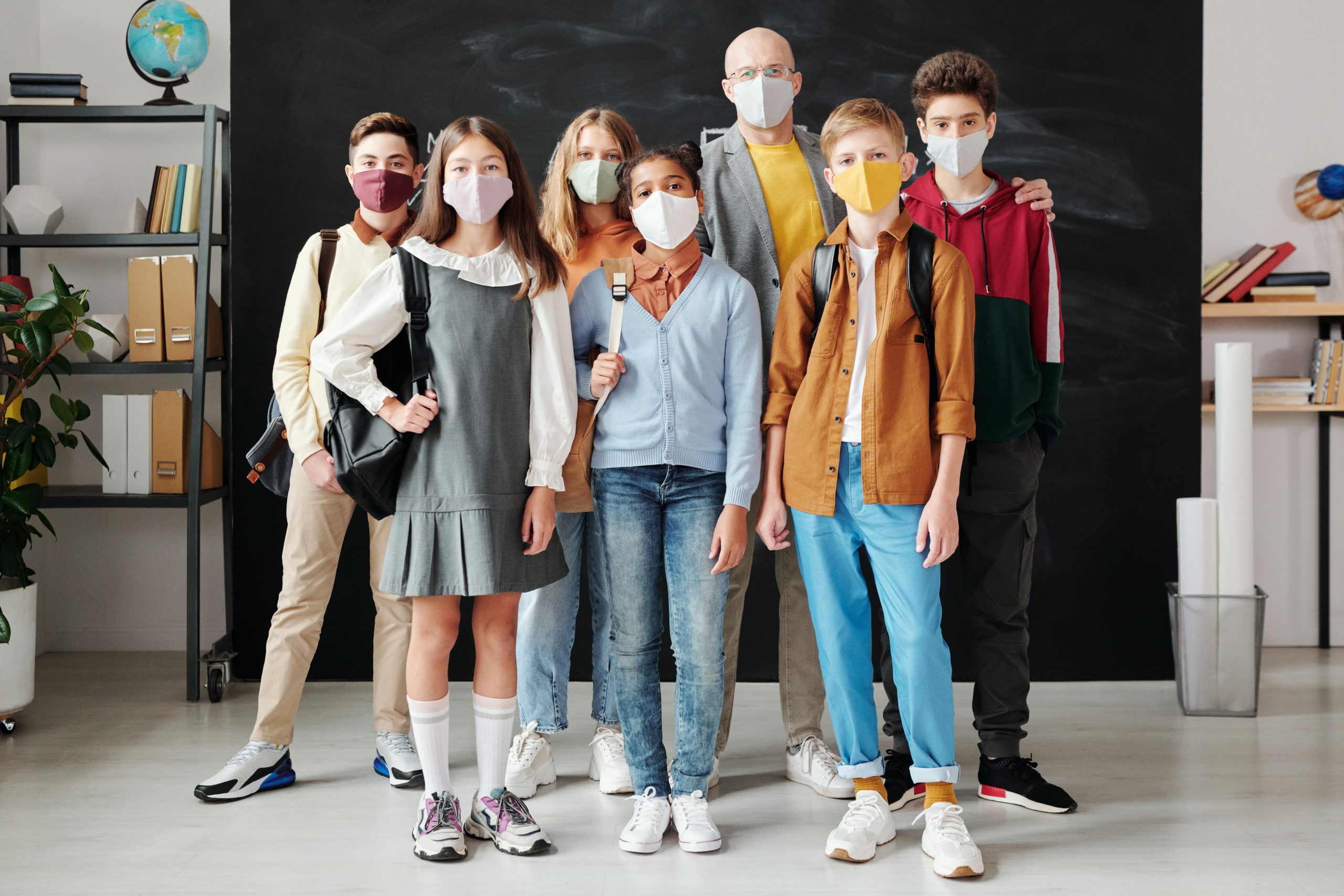Self-isolation and distancing ourselves from other people helps protect us from getting infected by or spreading the coronavirus. But this isolation, together with the anxiety and fear over the pandemic, may pose challenges to our mental and emotional wellbeing.
A few weeks ago, we entered a new and unprecedented phase of the COVID-19 pandemic, where we are overwhelmed with the guidelines on how we can keep ourselves and our families healthy and virus-free. A key item on the said guidelines is social distancing.
What is Social Distancing?
Social distancing is a public health practice where there is a deliberate increase in physical space between people to avoid spreading illness. COVID-19 is known for its transmission through droplets containing the virus or through viral particles that float in the air.
As part of the efforts of the Australian Government in flattening the curve, they recommend maintaining a distance between people of 1.5 metres. This is the practical distance suggested, so any respiratory droplets (containing the virus) will not land in your eyes, nose, or mouth.
Social or physical distancing is no doubt a big help to contain the spread of the virus. But continuous isolation and lack of social interaction may make us susceptible to mental health issues.
We have put together six things you can do to help fight the blues while in quarantine.
1. Stay Connected
Social distancing does not mean losing connections with other people. At times like this, we work better in company and support. Stay connected through emails or social media and carve out some time to face-time with your family and friends.
2. Exercise
Having a physically healthy body is one thing, but did you know that physical activity benefits your mental health and wellbeing? Exercising is guaranteed to produce mood-boosting endorphins, which makes a person happy.
Try out simple yet effective walking exercises and high-intensity workouts like Zumba and yoga in the safety of your own home.
3. Meditate
Mindful meditation can alleviate stress, depression, insomnia, and insomnia. It is the best way to cope with anxiety and panic as we self-quarantine at home. Stretch, shake your arms, legs, and feet and remember to take a moment every day to do some slow, deep breathing.
The best part of meditation is you do not need much to do it – all you need is a quiet space, and you are good to go.
4. Learn a new skill
You can tap into your former hobbies like drawing, playing an instrument, or you can enrol in one of our First Aid Training Courses online. Learn about emergency protocols and first aid methods for your own safety and the safety of your friends and family. We also provide Mental Health First Aid to help improve mental health and wellbeing. FirstAidPro offers online first aid classes to ensure that our students will receive the best possible learning experience in the safety of their own homes.
Managing your mental and emotional wellbeing this time is as important as taking care of your physical health. Follow these tips to stay mentally strong and healthy!
For more tips, follow our previous blogs about coronavirus and everything you need to know about the current pandemic.

